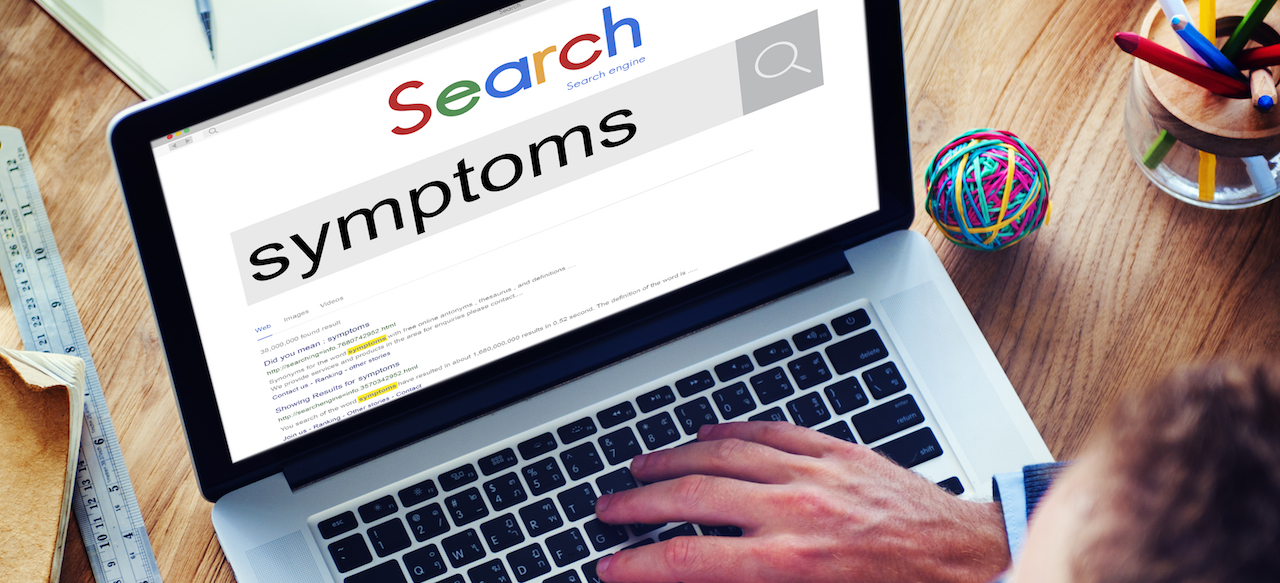Checking your breath now and again can really save you those awkward moments – and quite surprisingly, your life too.
Bad breath doesn’t always mean poor hygiene, it may be a symptom of an underlying disease. The smell of your breath can say a lot about different health issues, ranging from lung cancer to kidney failure.
The following could be your health status according to your breath.
Fruity smell
This could be a sign of poorly managed diabetes. When your sugar levels aren’t well regulated, your body isn’t able to fight bacteria that can cause infections and gum disease.
Fruity breath or an odour similar to acetone (commonly used in nail polish remover) can also point to a serious complication of diabetes called ketoacidosis. This is when the body doesn’t have enough insulin, and starts to use fatty acids for energy. This process produces several by-products, including acidic ketones .These acids can collect in the blood and lead to a diabetic coma or death.
Smells like sour milk
A sour milk smell may be a sign of lactose intolerance. This means your body can’t break down the protein in milk. Acid reflux or heartburn may also cause this.
To help control the smell and make it disappear, you’ll have to deal with the condition first. Change your diet and exclude certain foods like garlic, spicy foods, alcohol and coffee.
Smells like a dirty nappy
The main culprit for this is a tonsil stone. When bacteria and pieces of food get stuck in your tonsils, they can form a “stone” in the gaps. Tonsil stones collect in your throat on the tonsils, and to treat this condition, you’d have to see a doctor to help get rid of them.
Smells fishy
Sometimes the seafood meal you just had isn’t the cause for a fishy smell. A mouth that smells like fishy-urine odour, similar to ammonia, may signal kidney failure.
The kidneys are responsible for removing toxins from the blood by creating urine. So, when they malfunction, the waste products are no longer able to filter out of the body. A fishy smell can develop when kidney failure begins to affect the respiratory system and causes breathing problems.
Smells rotten
Gingivitis (a type of gum disease that causes inflamed gums due to poor oral hygiene) and periodontitis (a serious gum infection that damages gums and can destroy the jawbone) are the two conditions associated with rotten teeth and bad odour from your mouth. Regularly brushing your teeth and practising good oral hygiene can sort out this problem quickly!
Smells mouldy and sweet
This means that your liver isn’t working well or may even be failing. Another symptom of this condition is the yellowing of your skin and the white parts of your eyes. If you notice this, see your doctor immediately.
References:
- https://www.webmd.com/oral-health/ss/slideshow-breath-symptoms
- https://brightside.me/inspiration-health/11-health-conditions-your-breath-can-tell-you-about-465660/
- https://www.everydayhealth.com/dental-health-pictures/ways-your-bad-breath-could-mean-bad-health.aspx
- https://www.medicalnewstoday.com/articles/241721.php
- https://www.webmd.com/oral-health/ss/slideshow-breath-symptoms


